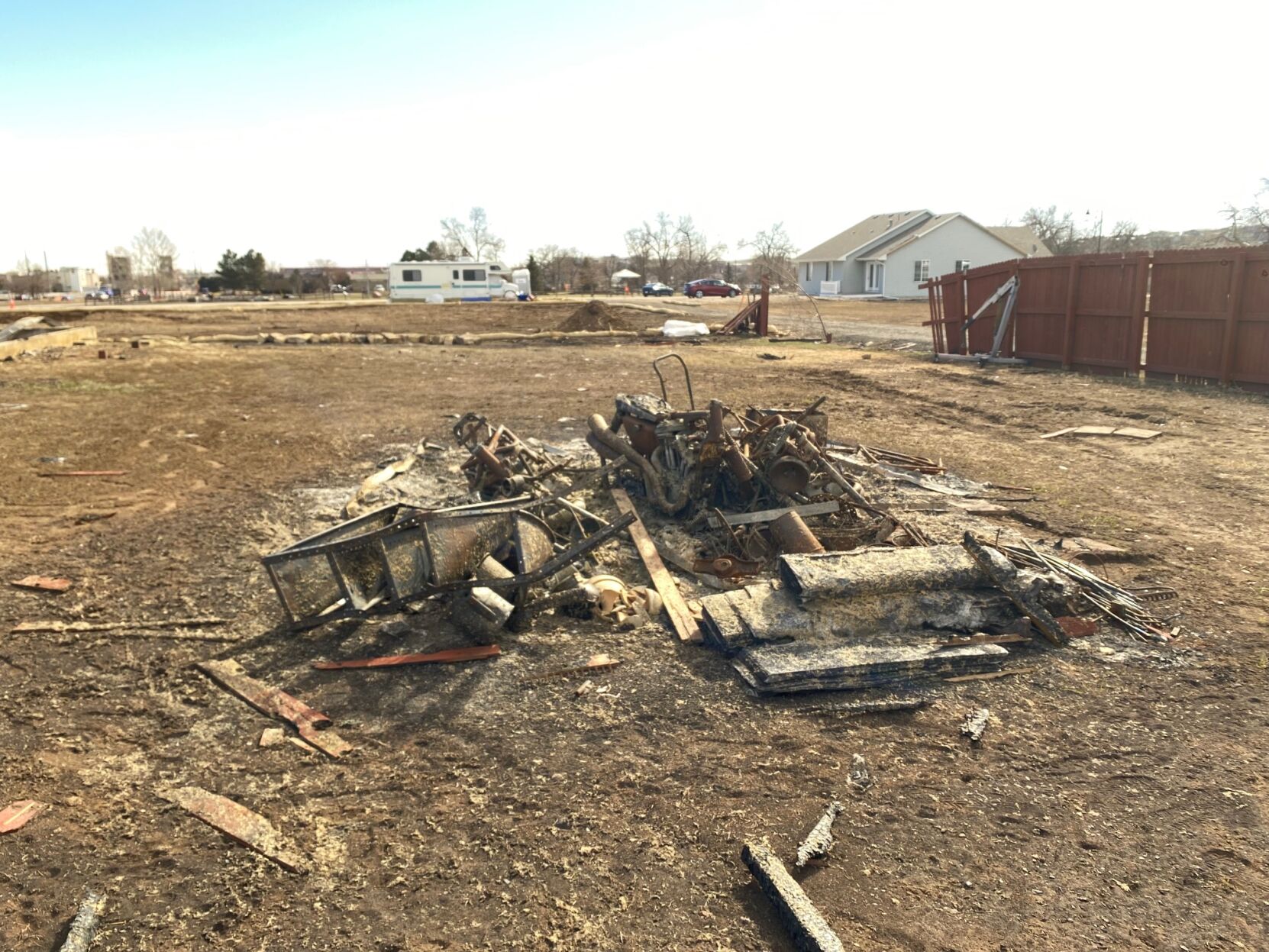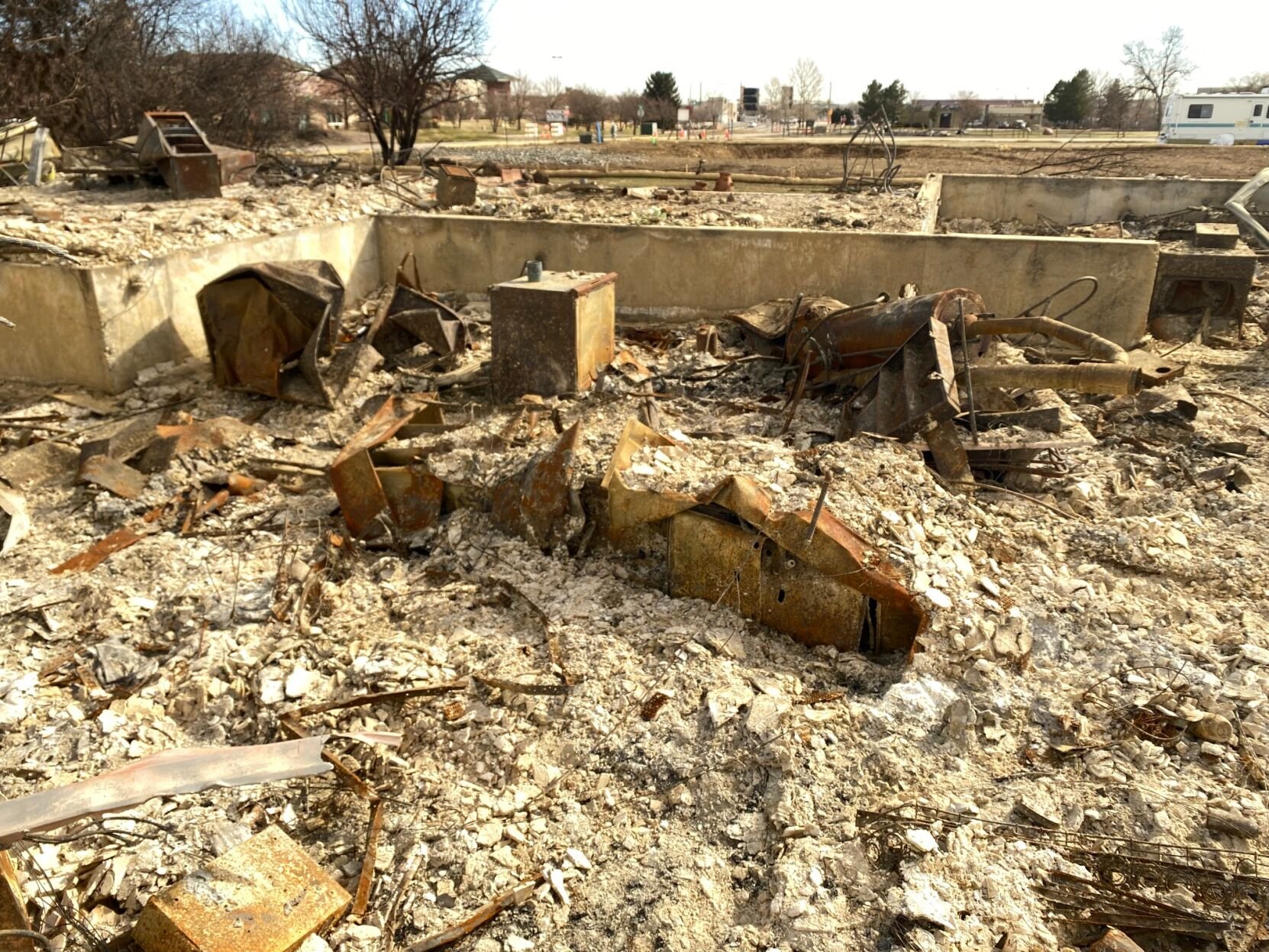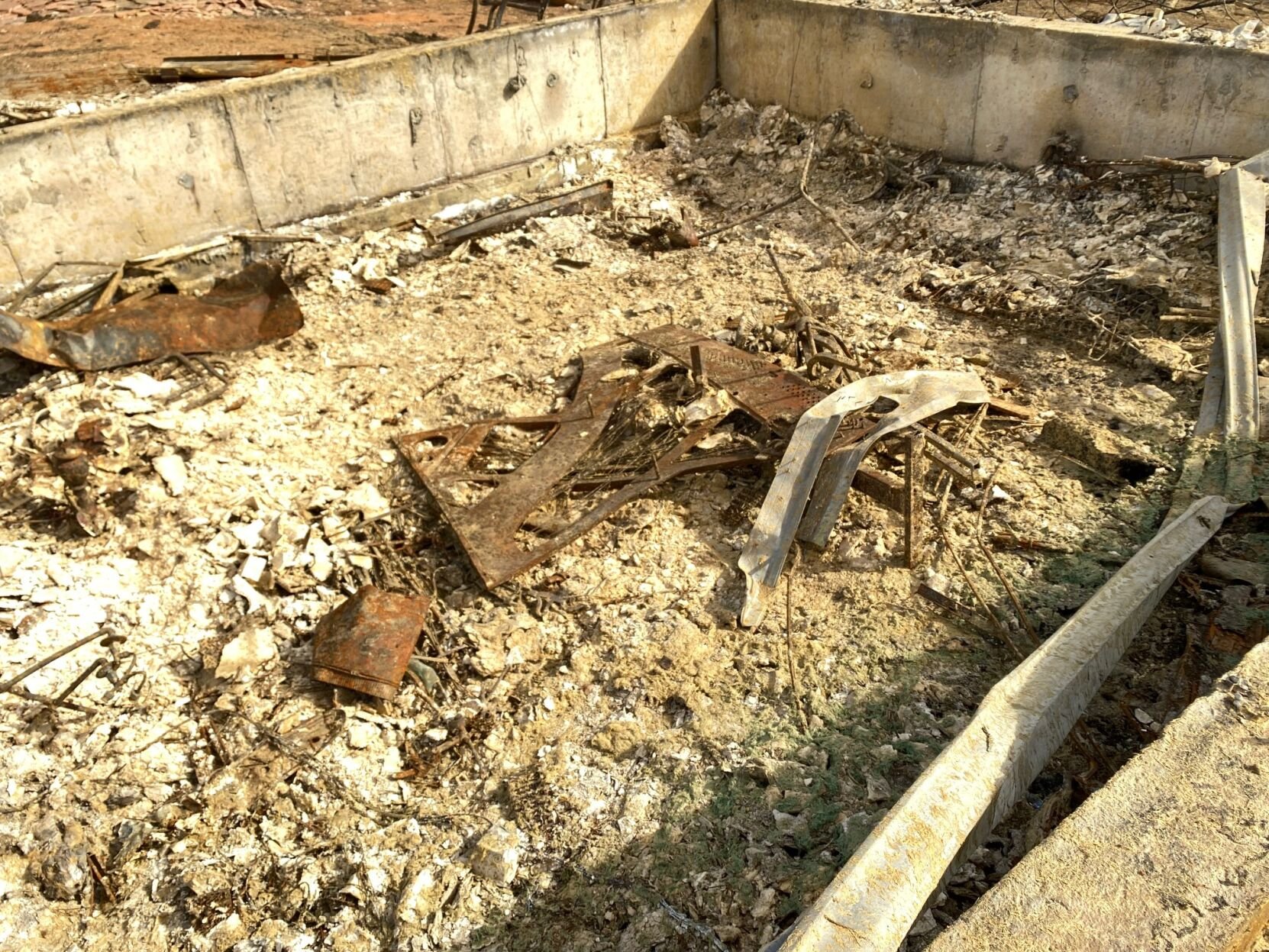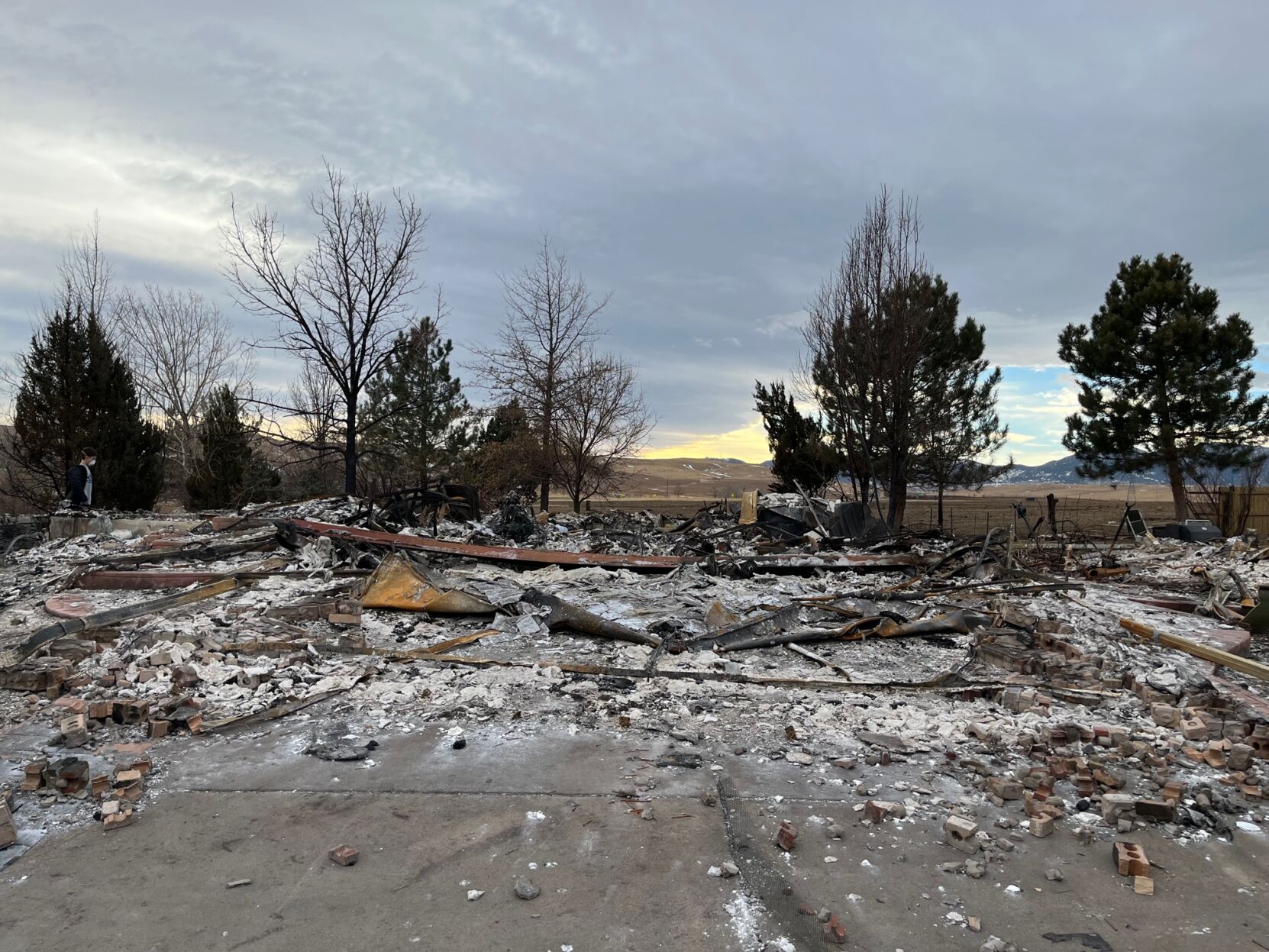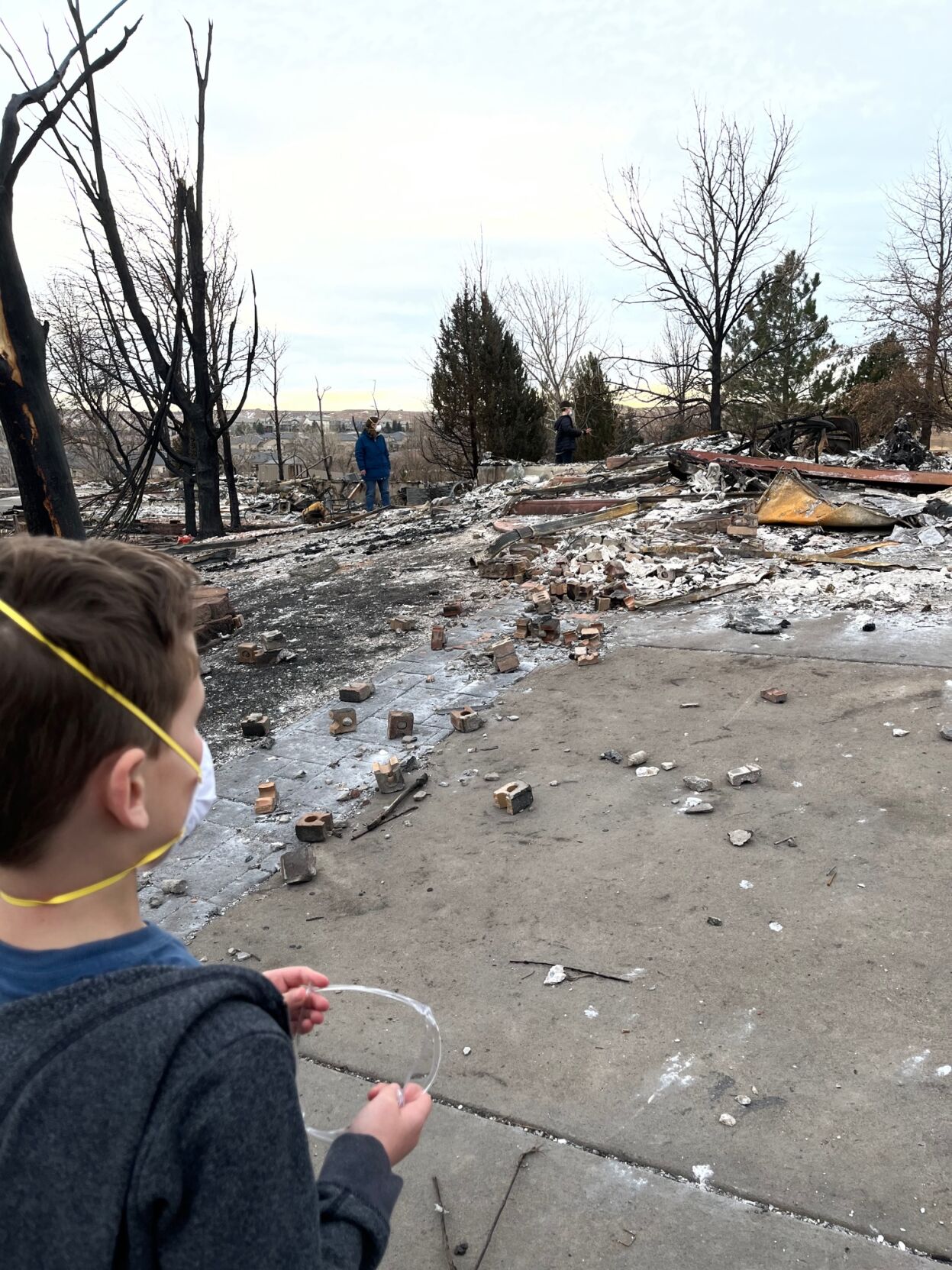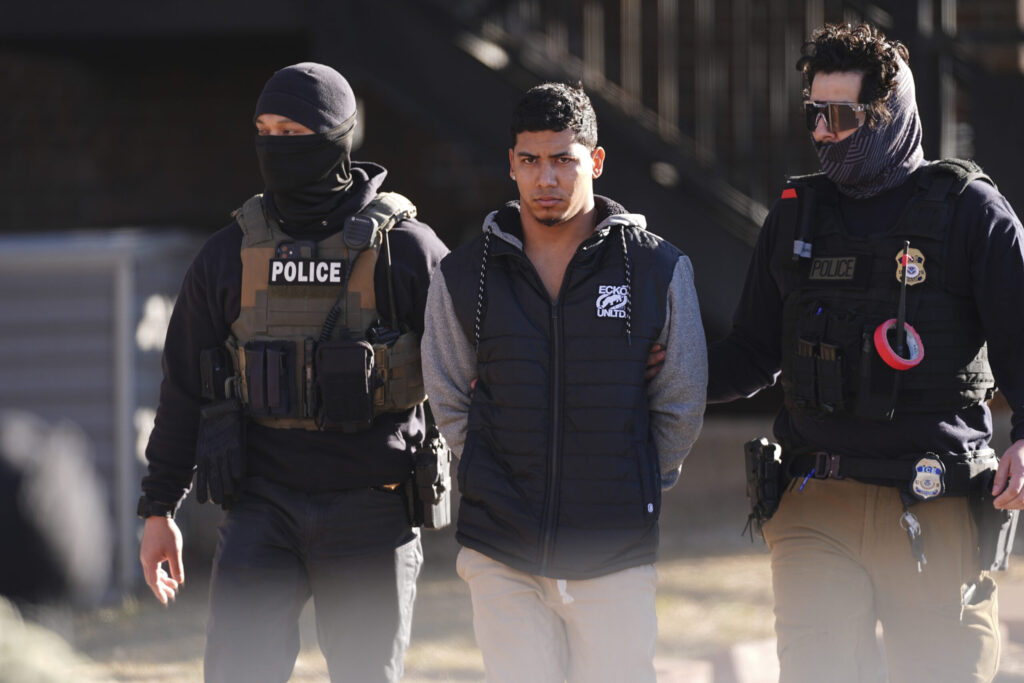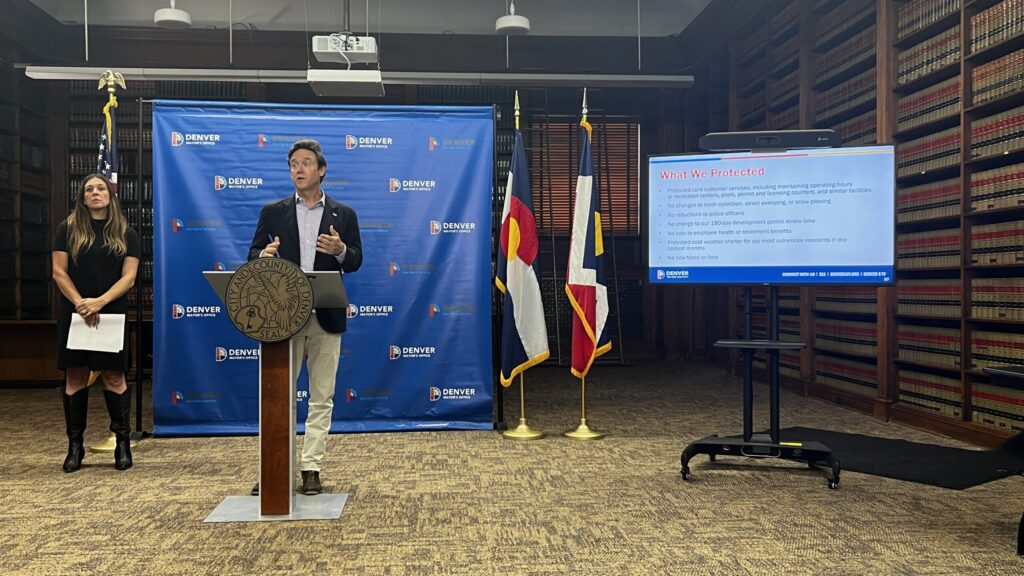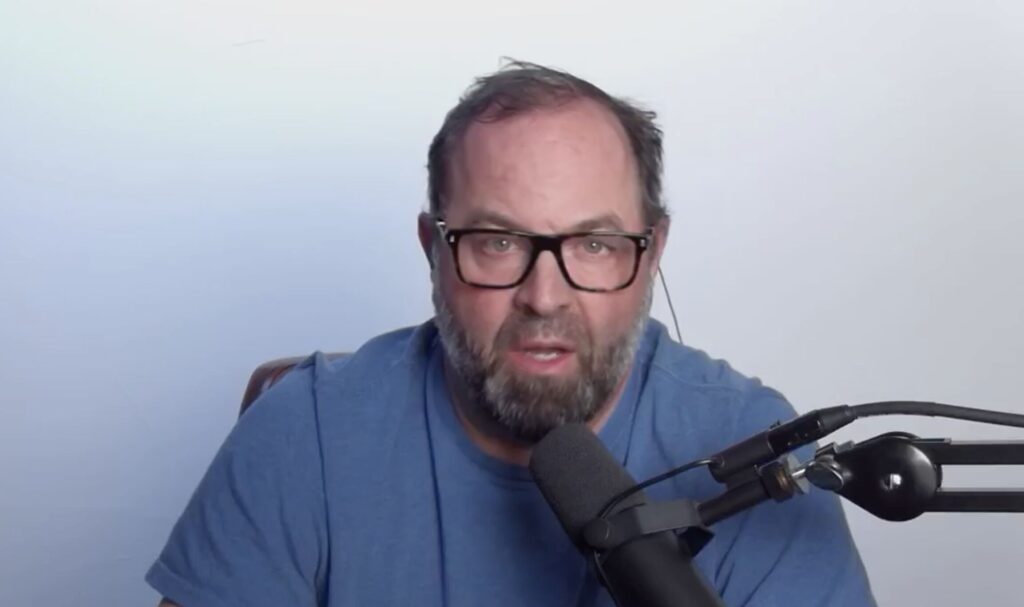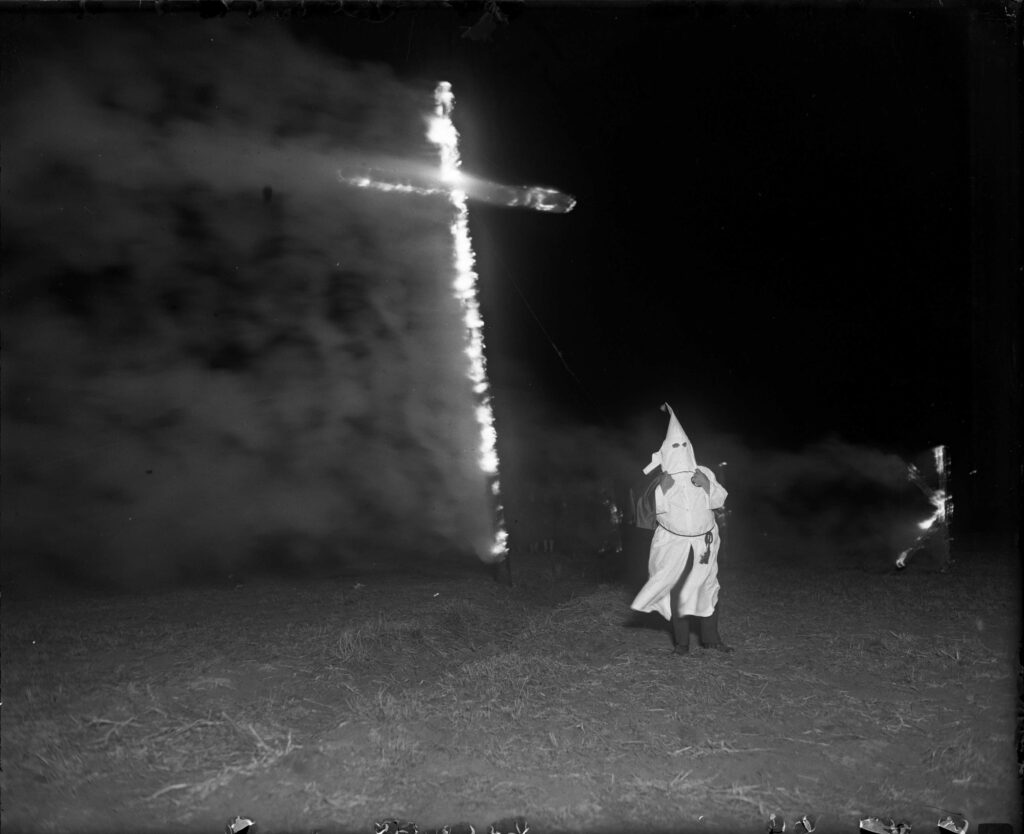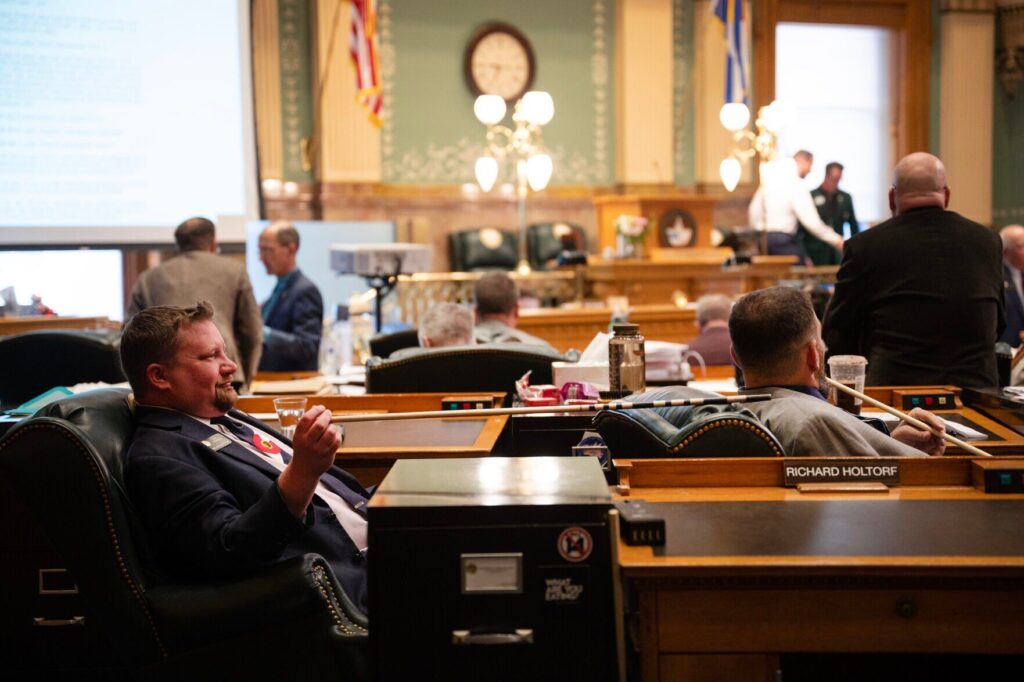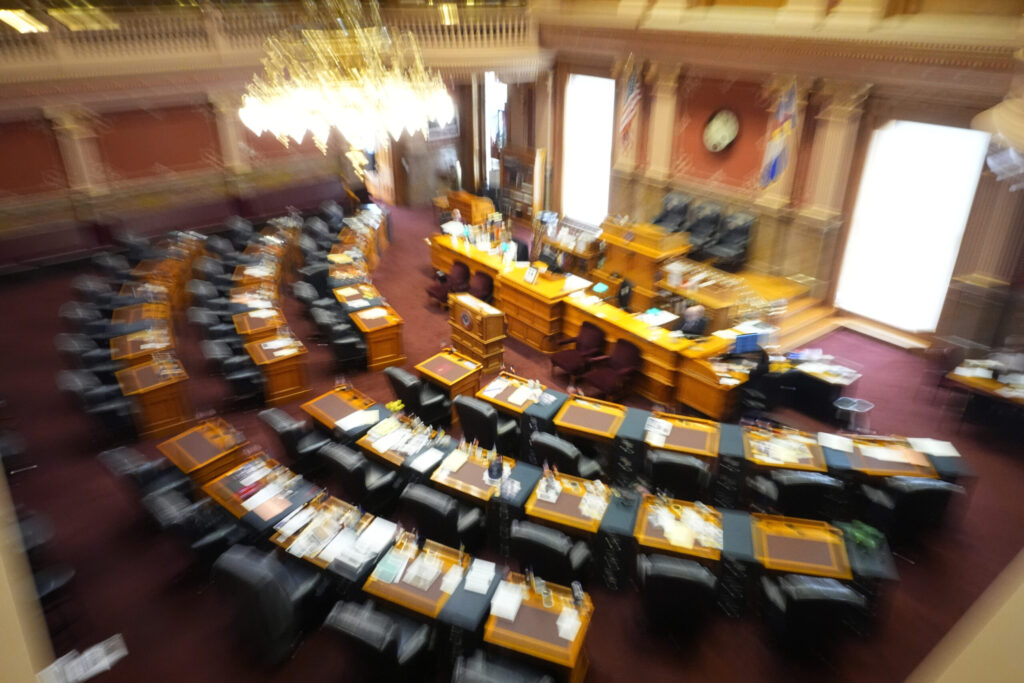Superior considers breaking from Boulder County’s debris cleanup plans over delays
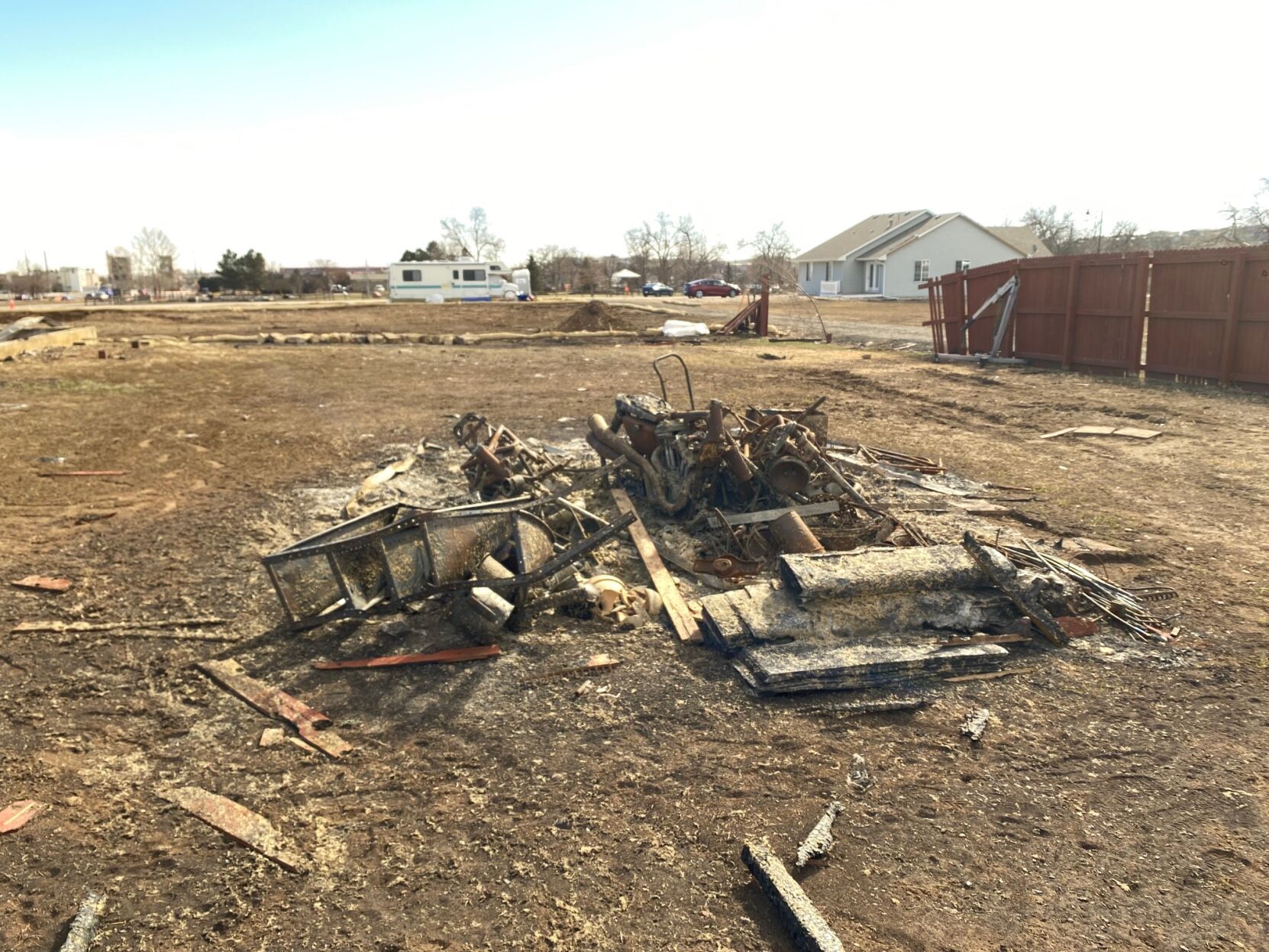
Eighty days post-Marshall fire, Superior is considering breaking from Boulder County’s debris removal process and Louisville may not be far behind.
At issue is the cleanup of tons of debris still festering in fire-ravaged foundations as legal tangles over whether the county violated open meetings laws creep along.
Debris cleanup that should have started March 1 has been delayed indefinitely, though the county says it hopes to have the giant haul-off begin by the end of March and fast track it to finish up not too far off from the original July 1 deadline.
Colorado museum hopes to rise from the ashes after Marshall fire’s devastation
For one Superior town leader, starting over with its own cleanup is looking like a viable option.
“If we don’t have a path to rebuild homes in the next 12 months, we won’t have a community,” Town Board of Trustee Neal Shah told The Denver Gazette. “Superior is really suffering. This uncertainly around the timeline for cleanup is creating anxiety for homeowners.”
An estimated 1 in 7 homes in Superior were destroyed in the fire. “No other community in Colorado has suffered that percentage,” Shah said.
Louisville Mayor Ashley Stolzmann is eager to remove what’s left of 554 destroyed homes, but she’s not ready to secede from the county’s plans just yet.
“The City is weighing our options carefully to facilitate as fast and safe a cleanup as possible,” she wrote in a text message.
Shah said Superior would be open to collaborate with Louisville on their own Private Property Debris Removal contract if the option with Boulder County doesn’t sew up soon. At issue is whether Boulder County violated open meetings laws during its bidding process. A lawsuit by a watchdog group called Demanding Integrity in Government Spending, started by former Federal Emergency Management Agency Director Michael Brown, wants the county to provide transcripts from various meetings that were held behind closed doors.
Boulder County asks judge to dismiss lawsuit so Marshall fire victims can move forward
Though the county awarded a $52 million contract to DRC Emergency Services on Feb. 10, not one pound of concrete, charred washing machine or mangled ribbon of metal has been hauled away from the destroyed parcels of the 862 residents who have opted into Boulder County’s Private Property Debris Removal Program. Boulder County also has not yet signed a final contract with DRC.
“We have to wait until the outcome of the court date Friday to move forward with the contract,” said Boulder Public Works spokesman Andrew Barth.
The slow-moving legal tangles between Boulder County, disaster relief companies that lost out on the contract and a community watchdog group are frustrating for residents who feel they are caught in the middle and victimized once again.
“As residents, we’re tired. We’re weary. We just want to go home,” said Chad Cheek, whose family is living in an apartment in Frederick after their house in Superior’s Rock Creek subdivision was reduced to ashes in the Dec. 30 fire.
“Our home looks like a bomb hit it. There’s nothing standing, not even the bricks,” said Cheek’s wife, Trisha. She said she could still see their dishes in a broken clump in the basement.
For the Cheeks, another month’s delay in the cleanup means the possibility that snow and frozen ground this coming winter will halt construction and a longer wait to walk through the front door of their envisioned new home.
“If we go to August or September, we have issues,” said Chad Cheek.
Boulder County denies protests to bidding process, promises residents debris removal on track
The Cheeks are doubly concerned about hazardous materials like fire retardant, copper plumbing remnants and refrigerator coolant that could be lurking in the sinking debris as it settles into the ground. Will it show up in the streams and water supply? They worry about ash from their property flying through the air into neighbors’ homes still standing. Their kids went back to school within days of the fire and they’re out at recess breathing what they worry is contaminated air.
“There isn’t a lot of safety data. More really needs to be done,” Trisha Cheek told The Denver Gazette.
As Boulder County waits for Friday’s ruling from a judge on whether the lawsuit will continue or will be dismissed, DIGS, facing mounting pressure from angry citizens, removed one of the most contentious parts of its litigation Tuesday. No longer is DIGS asking for Boulder County to rebid the debris removal contract.
Colorado State University awarded nearly $1M for research to protect public health during wildfires
But DIGS is not giving in to what it sees as negotiations that were made in the dark. It is demanding to see conversations from what it calls “secret meetings” between the county, DRC and the contract evaluation committee. Those meetings, said attorney Chad Williams, were not recorded and no one will ever know what happened during contract negotiations.
“We want court-supervised discovery, not a redo of the process, which could potentially cause additional delay (of the cleanup),” Williams said.
Williams said the county has been blaming the cleanup delay on DIGS’ lawsuit when in actuality, he says, the cleanup could have started in spite of it. “By removing the request to restart the bidding process, we’re getting out of the county’s way to make sure that this delay is 100% on them. We are tired of being their excuse,” said Williams.
If Superior and Louisville decide to abandon Boulder County’s debris removal program, FEMA told The Denver Gazette that the cities will fall under the federal guidelines and will be eligible for reimbursement, just like they would if they stick with the county.
Spokesman Anthony Mayne said the predicament Marshall fire survivors find themselves in is unusual: “It is not normal to have lawsuits interrupt the process for past Colorado disasters.”
The Cheeks say they’re to the point that they don’t care about politicians, former FEMA directors or attorneys. Two months ago, the family said a formal goodbye to the crater that was their home. Time is ticking as insurance will only pay for their rental for so long.
“This is personal,” said Chad Cheeks. “We lost a lot but things are things. We will rebuild.”
